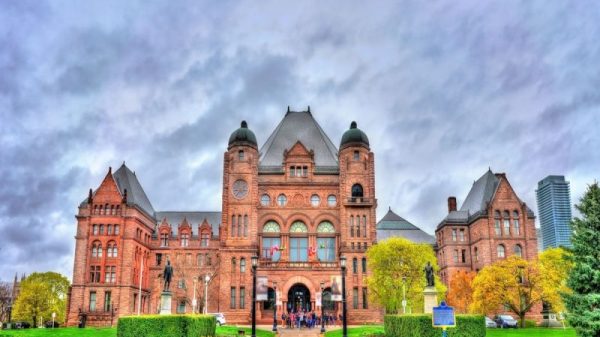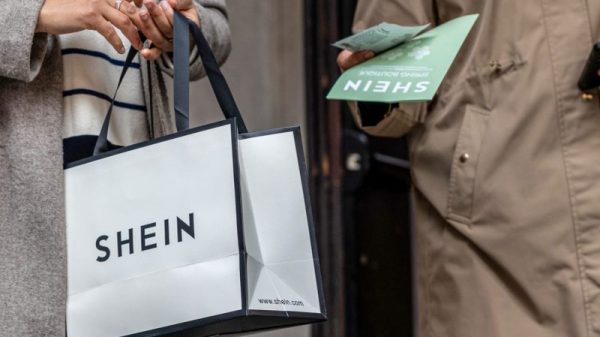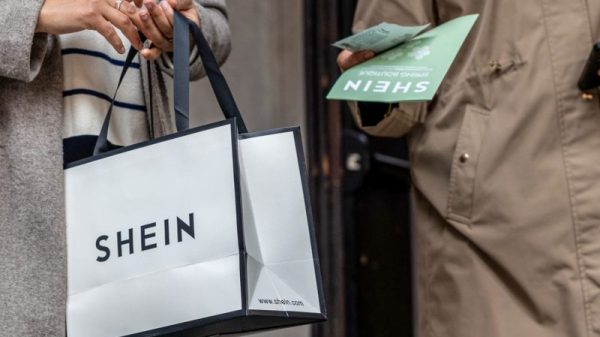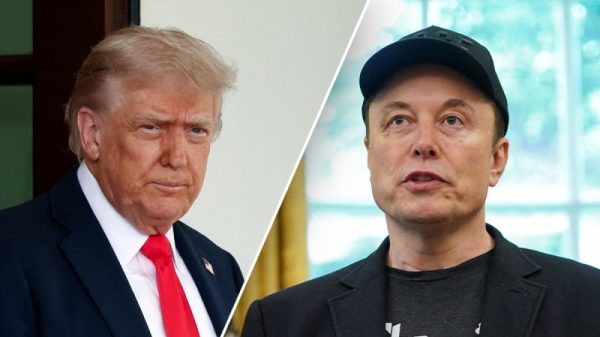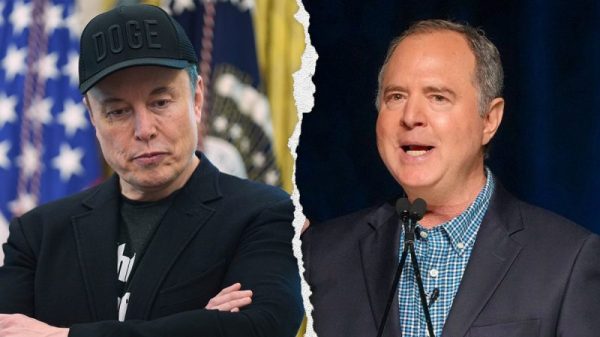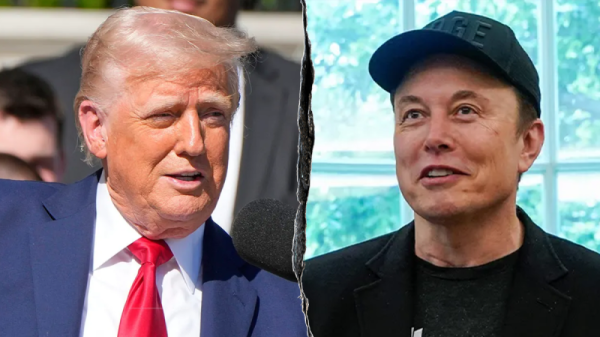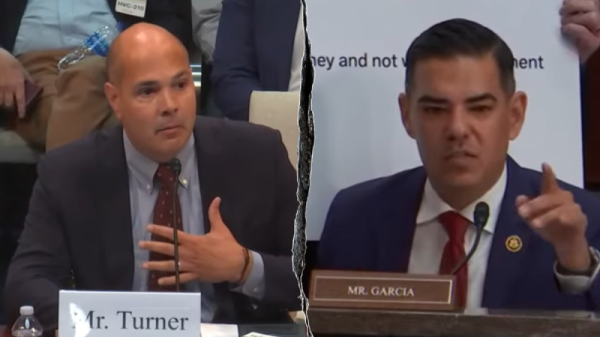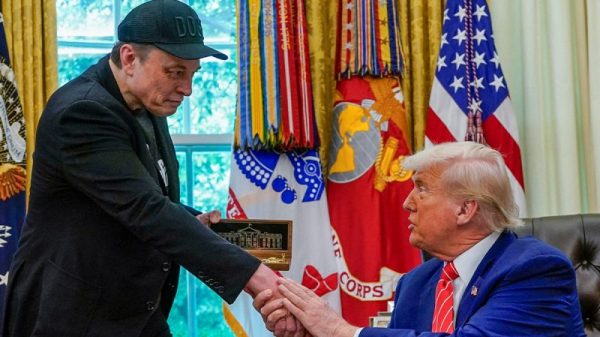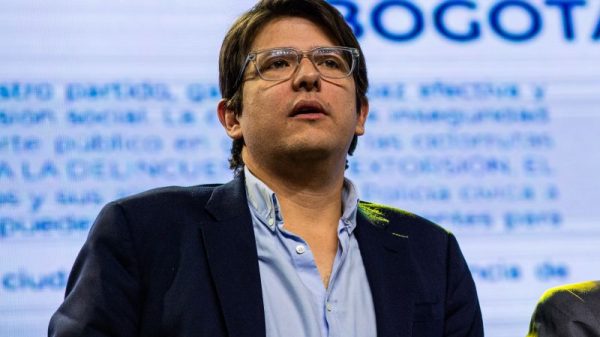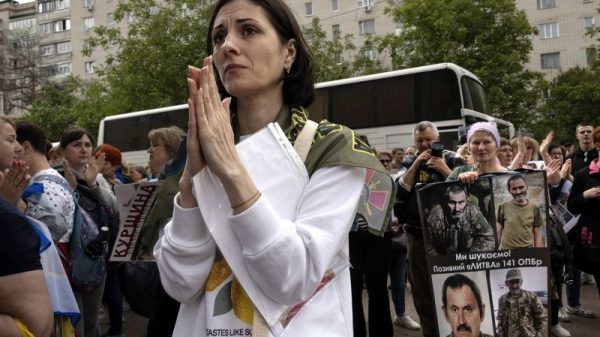The big news from the newly released Fulton County, Ga., special grand jury report is that the panel recommended charges for many more than the 19 people (including Donald Trump) who were ultimately indicted. Among them: a sitting U.S. senator and two former senators — Sen. Lindsey O. Graham (R-S.C.) and David Perdue (R-Ga.) and Kelly Loeffler (R-Ga.) — as well as prominent conservative lawyer Cleta Mitchell and former Trump national security adviser Michael Flynn.
But perhaps the more practical lesson from the report, regarding the case ahead, is that it reinforces how difficult it might be to obtain convictions, including for Trump.
Indeed, on the vast majority of charges recommended by the Georgia special grand jury, the vote was not unanimous. To win convictions, however, all jurors must vote in favor.
Of the seven recommended charges against Trump, each featured precisely one grand juror who voted against, with between 17 and 21 grand jurors voting in favor. (Some grand jurors were absent for some votes.)
Of about 90 votes on recommending charges, just 14 were unanimous. Nearly half of those unanimous votes dealt with Georgia’s very broad law against making false statements “in any matter within the jurisdiction” of state or local government.
And none of the unanimous votes dealt with the central charge ultimately brought against all 19 defendants: an alleged racketeering conspiracy, also known as RICO.
As with the votes on Trump, the vast majority of the RICO recommendations featured one vote against. And more than 40 percent of the votes overall featured one vote against.
All of which suggests there was one special grand juror who frequently tried to stand in the way of what the vast majority of the other grand jurors sought to recommend — although it’s possible that the single holdout varied with each of the votes.
The special grand jury didn’t itself issue indictments. It just recommended them, with a separate grand jury later casting the decisive votes to charge the 19 defendants. Trial juries feature fewer individuals — 12, rather than two dozen — somewhat reducing the likelihood of a single juror’s standing in the way of what all the others want to do.
But recommending charges — the role of the special grand jury — presents a significantly lower bar (probable cause to support the charges) than will be confronted by the trial juries, which will have to determine the defendants’ guilt beyond a reasonable doubt.
This is a scenario Trump has spent almost the entirety of his political career effectively preparing for. Trump has regularly focused intensively on building a devoted and unceasingly loyal base, often at the expense of his broader appeal. This has involved launching into vast and conspiratorial theories of persecution. And polls show that a lot of Americans believe these things, with as many as 4 in 10 believing falsely that the 2020 election was stolen from Trump and as many as 1 in 5 saying that Trump has done “nothing wrong” — not even something merely unethical — in each of his indictments.
We don’t know whether the one special grand juror regularly voting against charges for Trump and the others fits into those buckets (or even that it is the same special grand juror). They might have objected on other grounds, and some of the votes on other recommendations were unanimous. But the frequency of the single “no” votes suggests that someone was rather dug in.
If someone like that were to be seated on the trial juries, including Trump’s, that could prove a significant hurdle, particularly given the higher standard of proof for conviction. If his trial remains in Fulton County, it could hurt the former president’s chances, as Trump took only 26 percent of the vote in the 2020 election there. If the trial is moved to federal court, the jury pool could be slightly more favorable to Trump, as he would likely use immunity to get the charges dropped.
That the vast majority of the special grand jury’s votes were nearly unanimous after Georgia District Attorney Fani Willis’s (D) team spent months presenting evidence would seem to be a strong affirmation of the case she presented. But the outcome also points to the challenges ahead on the bigger stage — including how crucial jury selection will be.




